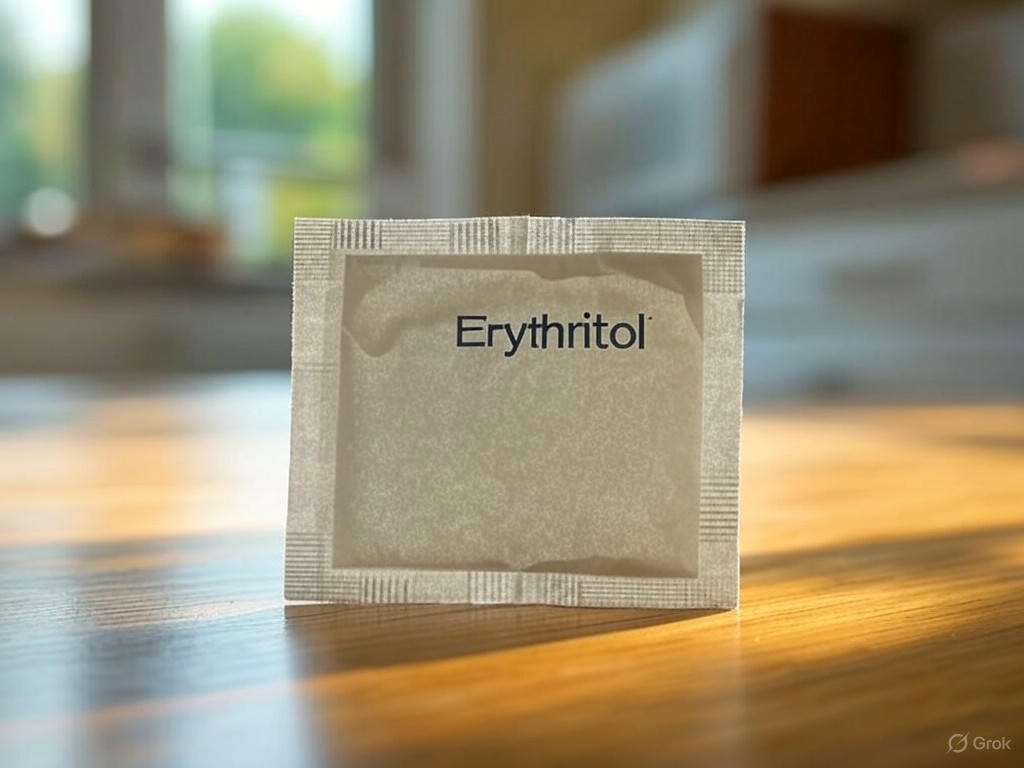Sweet Danger: Could Erythritol Harm Brain Health?
In recent health news, a widely used sugar substitute, erythritol, has come under scrutiny for potentially posing risks to brain health. This sweetener, often found in low-calorie foods and beverages, is marketed as a guilt-free alternative to sugar. However, emerging research raises concerns about its impact on the delicate blood vessels in the brain, prompting a closer look at whether this popular ingredient is as safe as once thought.
Erythritol, a sugar alcohol, is favored for its near-zero calorie content and minimal effect on blood sugar levels, making it a go-to choice for people managing diabetes or seeking weight loss. Yet, a groundbreaking study conducted in laboratory settings has revealed troubling findings. Scientists discovered that exposure to erythritol may trigger harmful changes in the cells that line brain blood vessels. Specifically, the research pointed to an increase in oxidative stress, a condition where harmful free radicals overwhelm the body’s natural defenses, potentially damaging tissues. Additionally, the study noted a reduction in nitric oxide, a crucial molecule that helps blood vessels relax and maintain healthy circulation. Perhaps most alarming was the observation that erythritol appeared to interfere with the body’s ability to break down blood clots, a critical function for preventing strokes.
These findings are particularly concerning given the widespread use of erythritol in everyday products, from sugar-free gum to keto-friendly desserts. While the study was conducted in a controlled lab environment and not on human subjects, the implications are significant enough to warrant further investigation. Strokes, which occur when blood flow to the brain is disrupted, are a leading cause of disability and death worldwide. If erythritol contributes to factors that heighten stroke risk, such as impaired blood vessel function, it could have far-reaching consequences for public health. Experts caution, however, that more research is needed to confirm these effects in real-world scenarios and to determine safe consumption levels.
For now, this study serves as a reminder that even seemingly harmless food additives may carry hidden risks. Consumers are encouraged to stay informed and consider moderation when using sugar substitutes like erythritol. Natural alternatives, such as small amounts of honey or maple syrup, might be worth exploring for those looking to cut back on refined sugar without relying heavily on artificial options. Meanwhile, health professionals urge the food industry to prioritize transparency and rigorous safety testing of such ingredients.
As science continues to uncover the complex ways our diets influence our well-being, this research on erythritol highlights the importance of balancing convenience with caution. While the allure of a sweet fix without the calories is tempting, it’s worth pausing to think about what we’re really putting into our bodies. Until more definitive answers emerge, a mindful approach to sweeteners could be the healthiest choice for protecting our brains and beyond.


